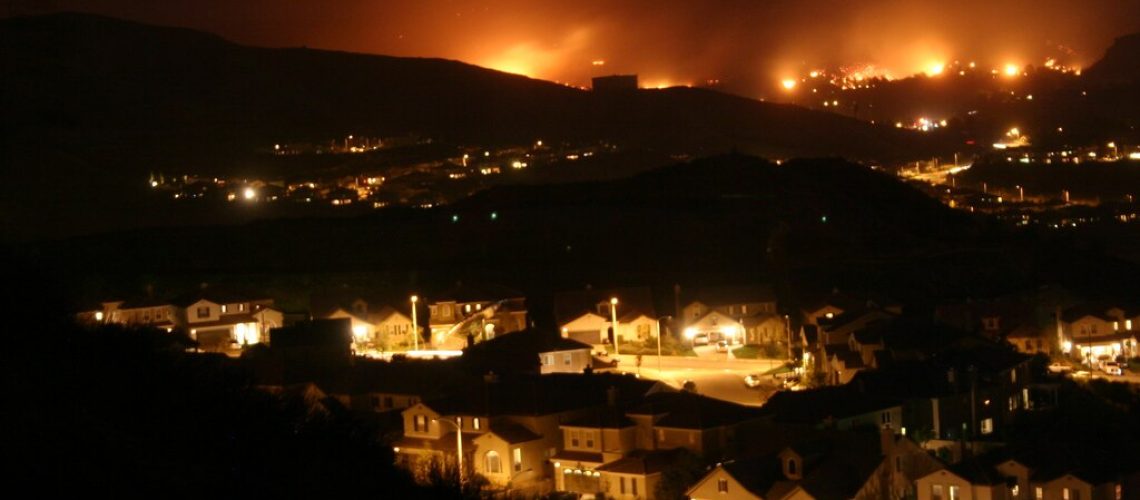Solar and storage at almost 20,000 community sites across California could help protect its population during power outages, especially during heat and smoke events, a study found.
California faces public safety power shutoffs, wildfires and heat waves that “increasingly trigger outages across the state,” creating a “pressing need” to support increased community resilience, says a research paper.
To help meet its climate resilience needs, the state could add rooftop solar and storage to about 20,000 schools, community centers and places of worship, creating what the authors call “resilience hubs.”
Resilience hubs could provide clean, cool air for those “who might otherwise die” in heat waves or smoke events, the study says, adding that the elderly and those with chronic health conditions are particularly vulnerable to heat waves.
Each site could, as a baseline, add an amount of solar-plus-storage that is economically optimal for everyday use, such that it could be financed, perhaps with state loan guarantees. Across all the sites, 5.5 GW of rooftop solar and 1.8 GW of storage could be financed to power everyday operations. In an emergency, if grid power is available, the sites could provide smoke-free, conditioned air for 40% of California’s 39 million people, and also power communication and medical devices, the study projected.
Increasing the rooftop solar to nearly the 8 GW maximum potential across all sites and increasing storage would increase resilience capacity. Because that increased capacity could not be financed at current electric rates, it would require grant funding, incentives, or more favorable rate designs.
The community sites considered could only partially help the state meet its needs for resilient power, the study found.
The nonprofit PSE Healthy Energy, which employs most of the study’s authors, said on a landing page for the study that resilience hubs are unlike emergency cooling centers as they are “built in trusted community spaces and provide resilience-building services on an ongoing basis,” such as helping vulnerable communities “to address underlying risk factors and improve resilience to disaster over time.”
Hybrid systems
The study evaluated resilience hubs powered by solar-plus-storage, but acknowledged that hybrid systems that add fossil generation “may be more economical, particularly when high levels of resilience are required.” Even so, fuel-based backup requires regular testing and maintenance, they study says, citing research finding that half of poorly-maintained generators fail within 48 hours during a long-duration outage.
The study used the REopt model, developed by the National Renewable Energy Laboratory, in its analysis of the solar-plus-storage potential at the community buildings it considered.
The open-access study, published in the journal Risk Analysis, is titled “Modeling and design of solar + storage-powered community resilience hubs across California.”



